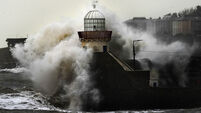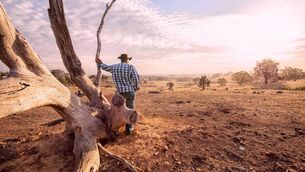Climate change lectures go online to satisfy demand
The Environmental Protection Agency described the seven-part lecture series as “extremely popular” and said it explored key aspects of climate- change, ranging from predictions and impact to its economic and political consequences.
A group of international experts presented an assessment of the facts, challenges and opportunities arising from a changing global climate.













